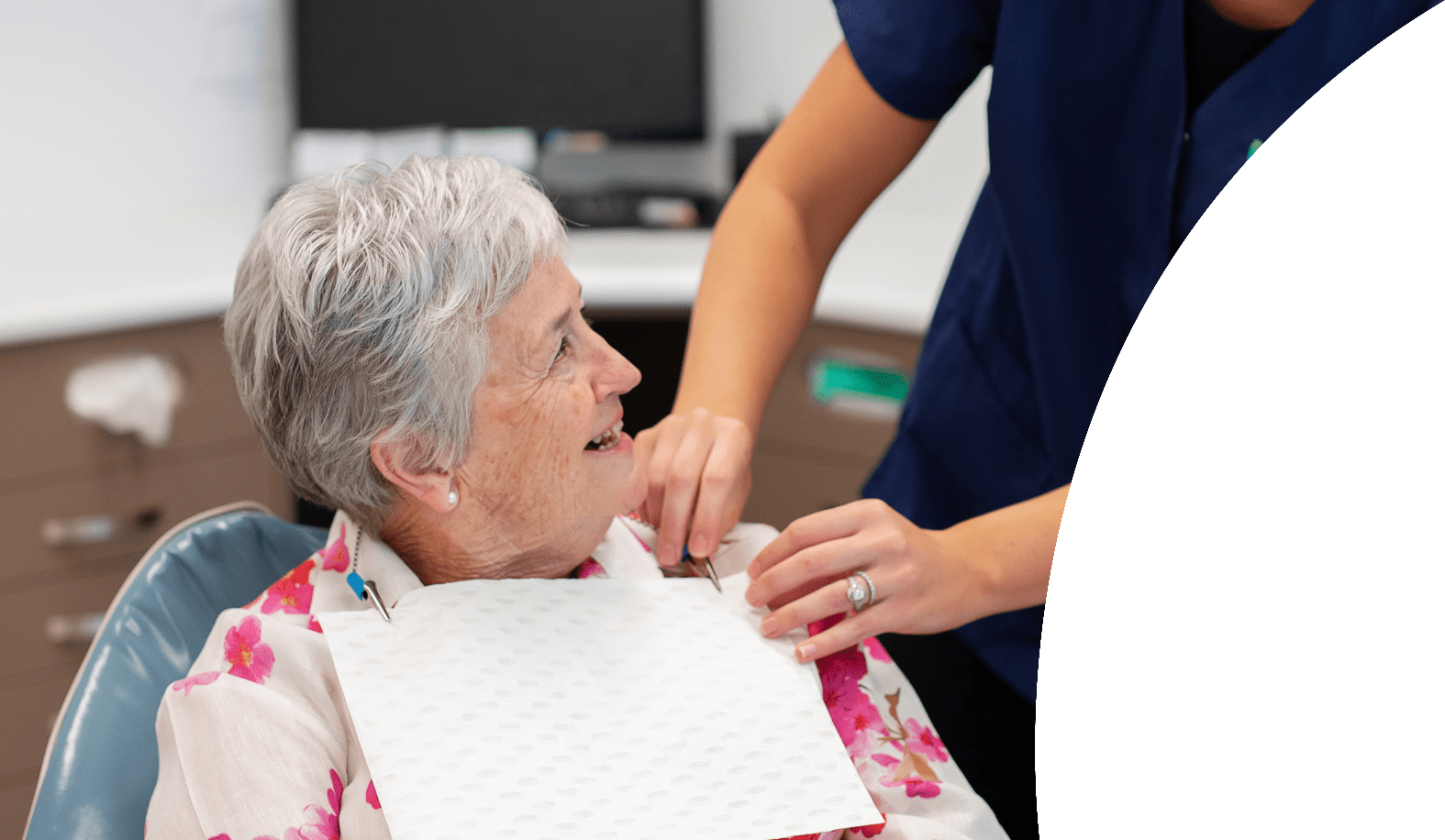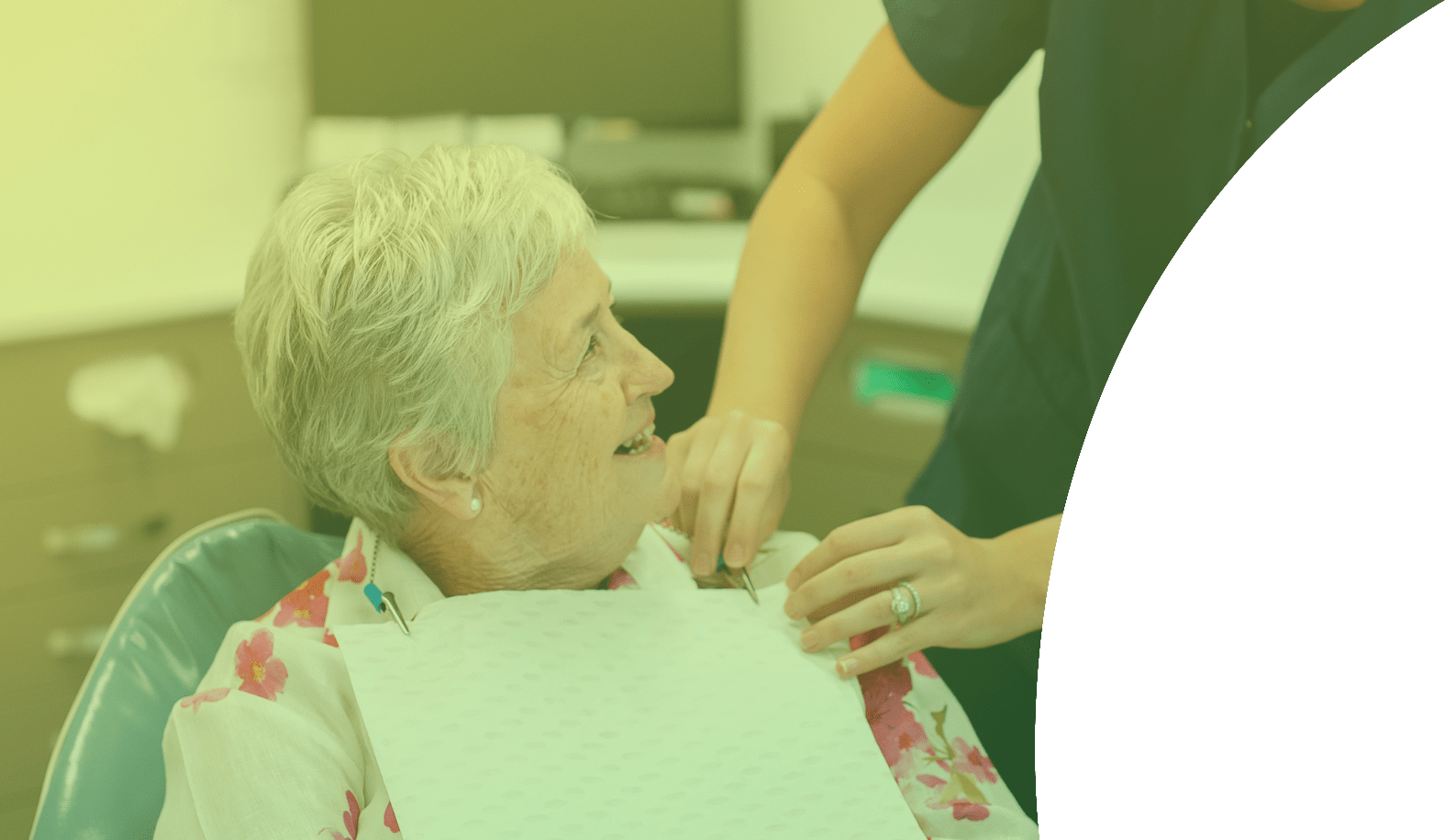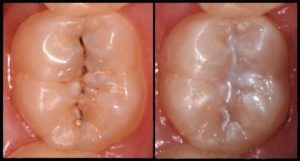Dental decay is when a hole (cavity) forms in teeth. Tooth decay can happen in baby teeth and adult teeth. It can happen in all patients both young and old. In fact, As many as half of children under 6 in Australia have untreated decay in their baby teeth. At the start, tooth decay is not symptomatic and can be left untreated unless detected by your dentist with regular check ups. Picking up decay in the early stages makes treatment much easier, cost effective and avoids toothache down the track!
What Causes Tooth Decay?
Decay in teeth occurs when plaque is left on teeth. Plaque is a sticky film that stays on teeth, turning sugars in food we eat, acidic. This then damages the enamel on our teeth causing holes. To remove left over food, sugary drinks and plaque, we need to be brushing and flossing twice per day.
It is also important to ensure that a fluoridated toothpaste is the last thing in our mouth before bed at night. Ensuring little ones are not going to bed with a bottle, but instead brushing teeth before bed is a major way to try and avoid decay also.
You are more likely to have tooth decay if:
- you have gum disease
- you have crooked teeth, meaning they are harder to clean
- you smoke
- you take medication that causes a dry mouth
- you have had trauma to your gums or teeth
This short video from The Australian Dental Association explains more about tooth decay…


















